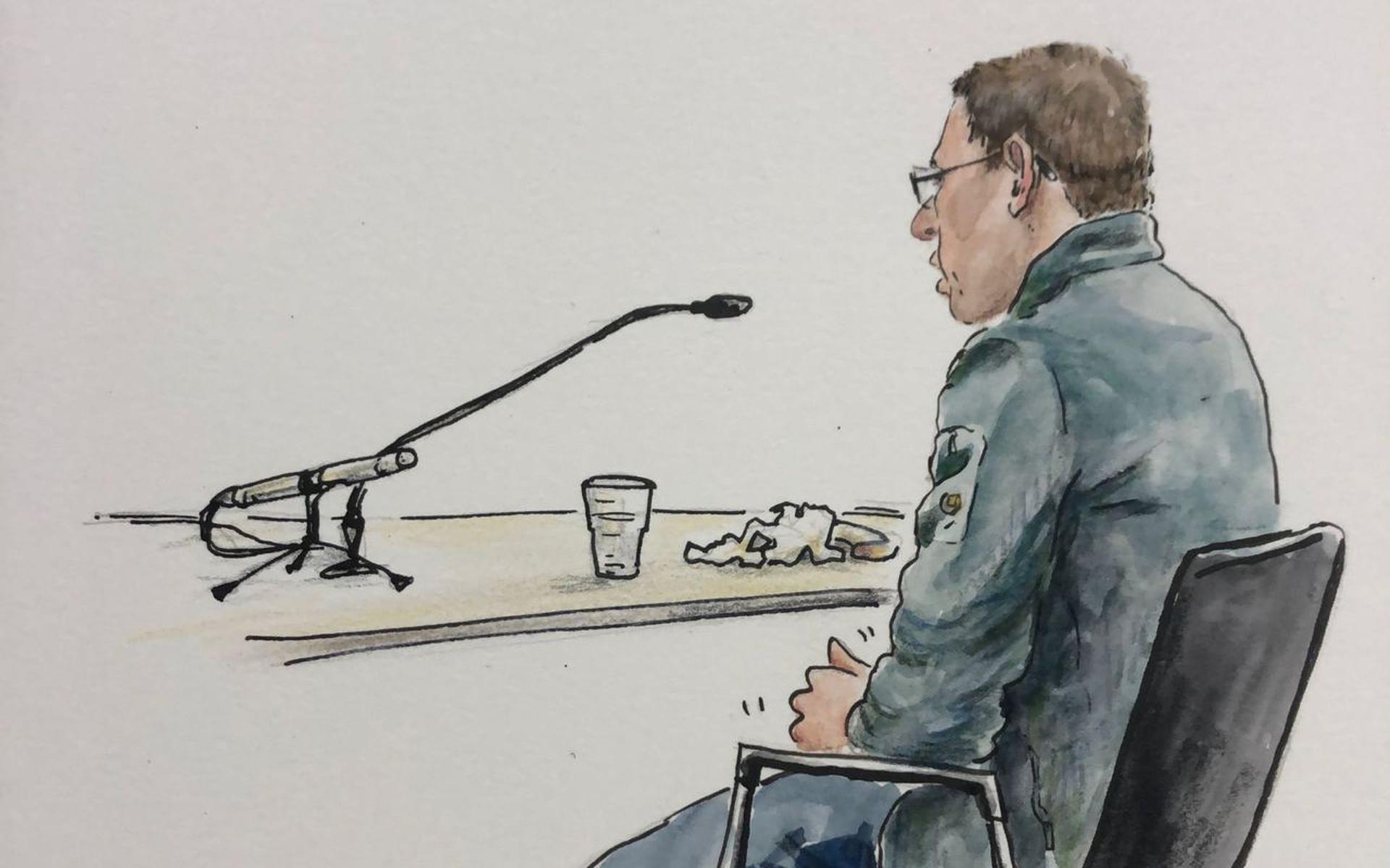Human Rights Watch called on governments, United Nations agencies and humanitarian organizations to take concrete steps to develop and invest in psychosocial support for people affected by armed conflict.
He also called for mental health and well-being to be a cross-cutting priority and said that attention should be paid to rights-respecting community services both in countries in conflict and in other countries, especially where people are fleeing.
This coincided with World Mental Health Day, which falls on 10 October each year, and just days before the World Mental Health Summit in Italy.
The organization said conflict-related violence can lead to stress, depression, anxiety and post-traumatic stress.
Human Rights Watch research in countries including Afghanistan, Cameroon, Central African Republic, Ethiopia, Gaza, Iraq, South Sudan and Syria has shown that people, especially women and people with disabilities, often face obstacles in accessing mental health services.
“Millions of people around the world are suffering from the devastating effects of war on their mental health, but few are getting the support they need,” said Shanta Rao Bariga, director of disabled rights at Human Rights Watch.
He added that the war in Ukraine is the latest reminder that governments and humanitarian agencies must recognize mental health as a priority and expand psychosocial support services to all those affected by the conflict.
The organization stressed that the World Summit on Mental Health, to be held from 13-14 October in Rome, is an opportunity for leaders to highlight the impact of armed conflict on mental health and to commit to providing psychosocial support. suitable for all affected people, including women and people with disabilities.
It is estimated that 22% of those living in areas affected by armed conflict suffer from a mental health condition, compared to about 13% of the general population. However, the services available are often insufficient.
In Syria, for example, where approximately 7.5 million children and adolescents are currently in need of mental health support, most parents interviewed by Human Rights Watch spoke of the devastating impact of conflict on their children’s mental health. stating that they and their children did not have access to mental health and psychosocial support services.


